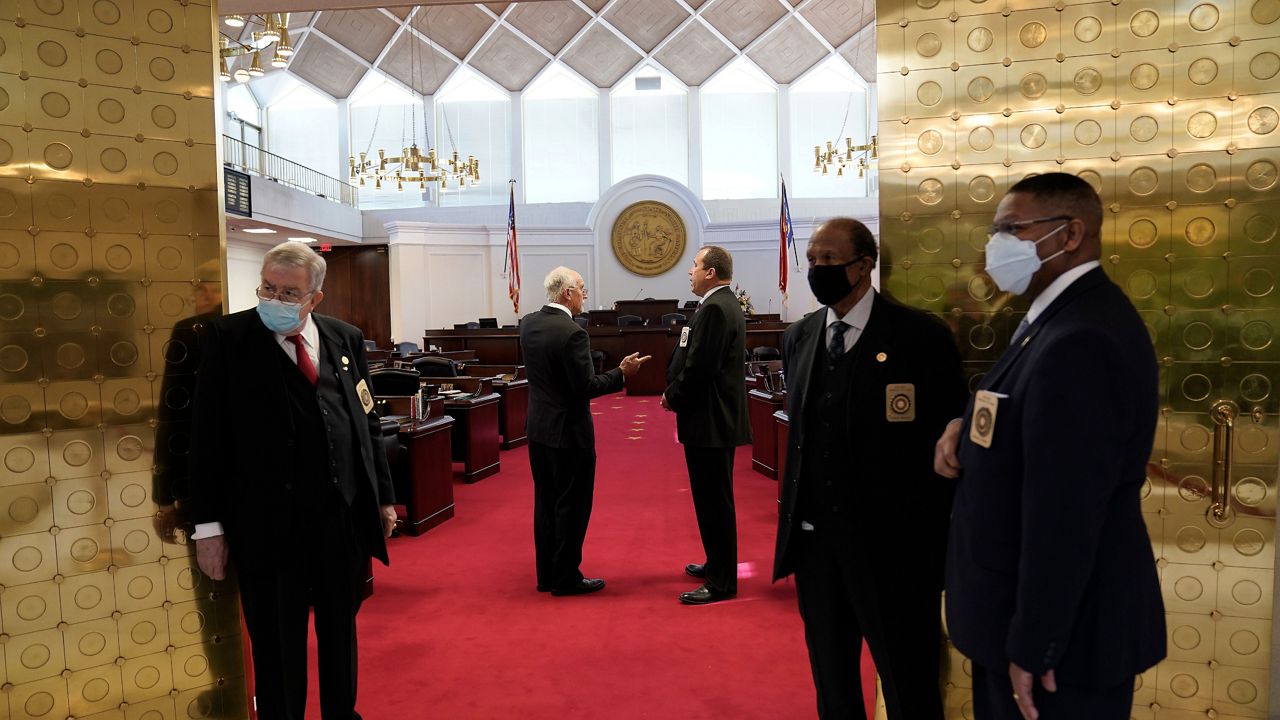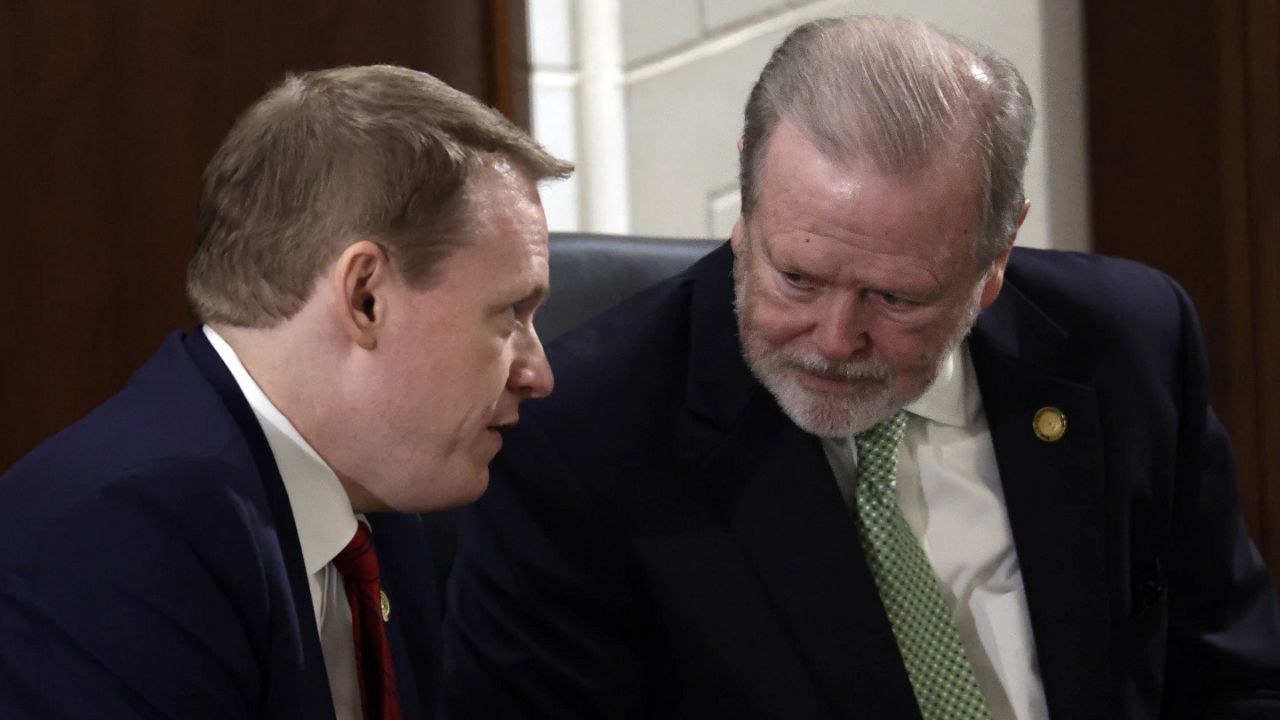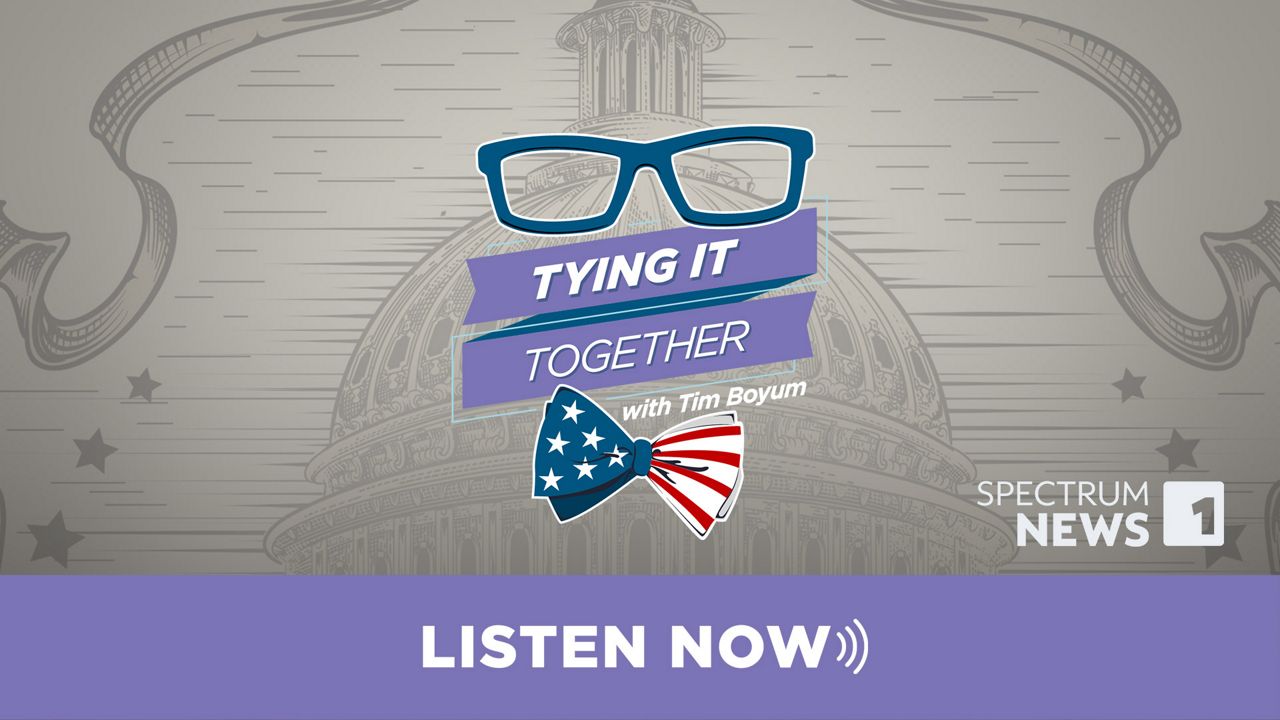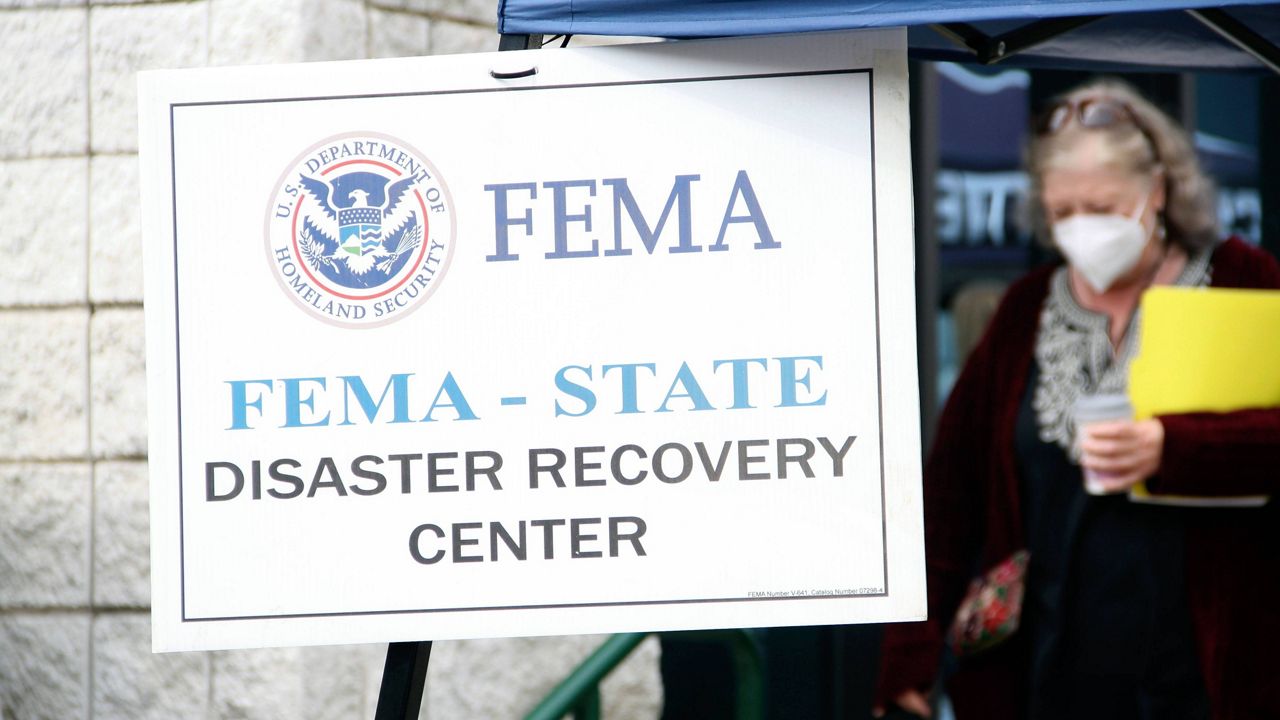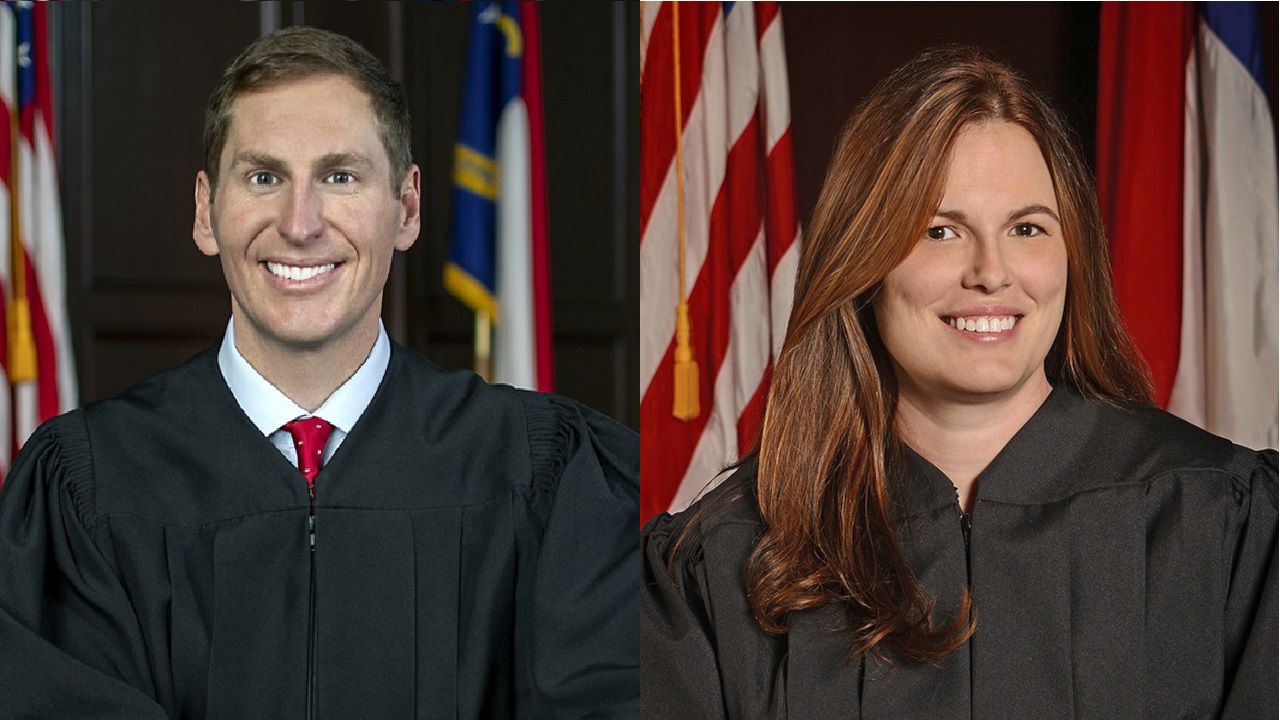RALEIGH, N.C. — One of the state Senate's top budget negotiators on Tuesday said he expects a spending agreement within the next week or two.
With less than a month to go before the deadline to enact a new budget, the two chambers of the General Assembly still haven't agreed on a spending limit.
This prevents appropriations subcommittee chairs like Rep. Pat McElraft, R-Carteret County, from lining out how much money to send to each of the state's programs, from highways and law enforcement to grant programs and distributing federal aid.
“I don't have a real high level of confidence right now in the 30th of June, but who knows,” she said. “Hopefully, they'll have their budget over here soon so that we can go ahead and start. I think we can start some preliminary things.”
Under North Carolina's budgeting process, both chambers of the General Assembly have to agree to a spending limit before they can begin writing the budget.
Sen. Brent Jackson, R-Sampson County, one of his chamber's lead budget negotiators, said House budget writers still want to spend about $400-500 million more than their Senate counterparts. He said he expects an agreement on the spending limit within the next week or two, though a completed budget before June 30 is unlikely.
“Once we get that number settled, we'll be able to move on,” he said. “We can work all that other stuff out when we know the amount of money we want to spend.”
The House had originally proposed spending $26.4 billion and now has offered an even $26 billion. The Senate continues to insist on $25.5 billion.
For comparison, Gov. Roy Cooper's original budget proposal would have spent $26.6 billion.
During Tuesday morning's Council of State meeting, Cooper said he wants to remind House and Senate leaders the budget process is a three-way street. The governor said the consensus revenue forecast lawmakers on which lawmakers depend is late due to the delayed tax filing deadline.
Even if Cooper doesn't sign a budget by June 30, that doesn't mean the state runs out of money. Under state law, funding would continue at the previous budget year's levels.





